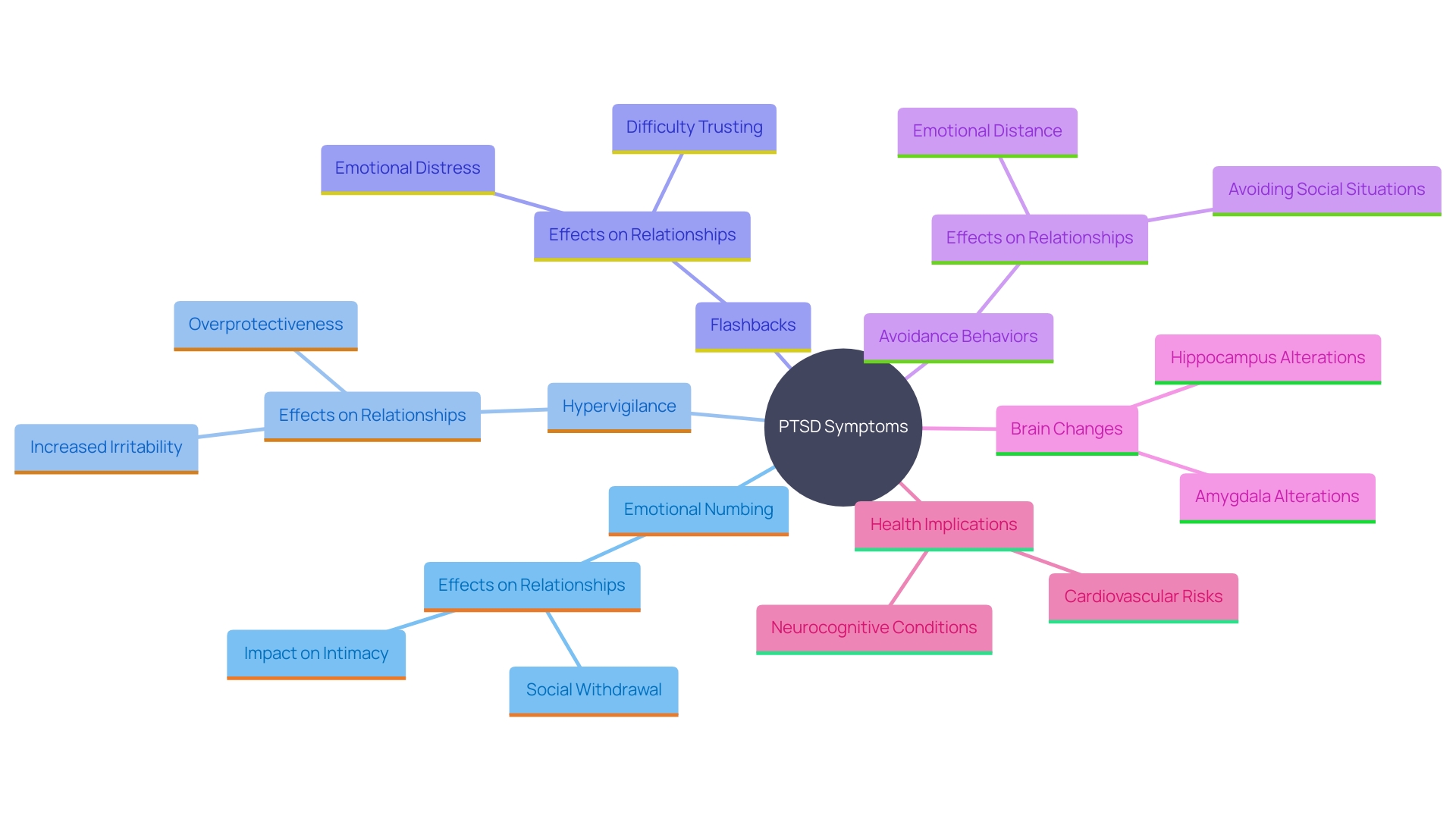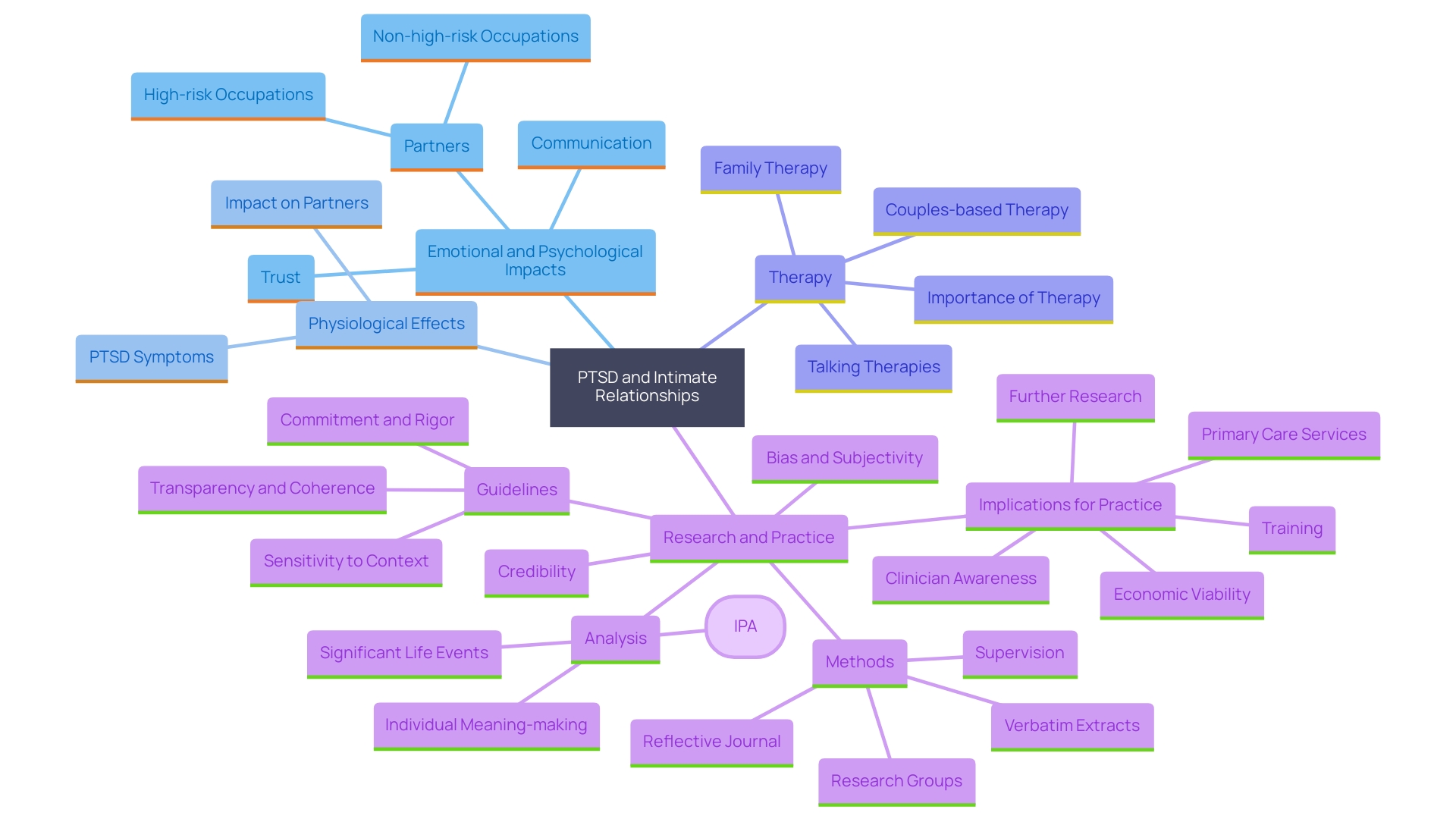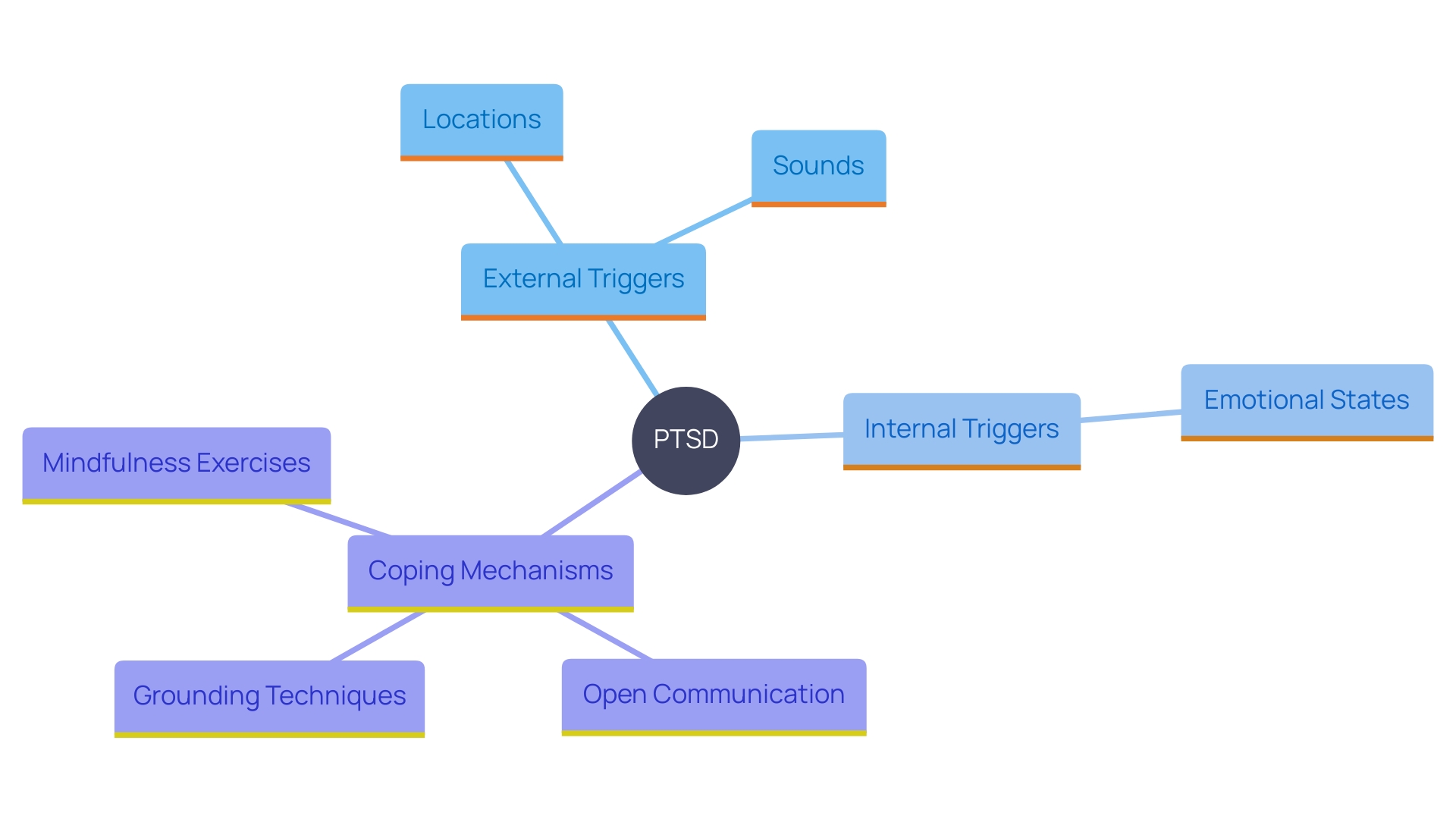PLEASE NOTE:
While the following article relates to your Google search, the services and methods at Goodwin Hypnosis may differ from those mentioned below. Since 2007, we have helped thousands of clients to overcome emotional and behavioral challenges when all else had failed. According to many of them (and their referring healthcare providers), our methods are faster than talk therapy, easier than willpower, and safer than medication. If you’re ready to resolve your issues, skip the article and visit the rest of our website, where you can learn about our unique approach, watch client testimonial videos, and discover how working with us one-on-one could be the solution you’ve been searching for.
We can help you with a variety of issues relating to emotional trauma. While we don't diagnose disorders like PTSD, we have helped hundreds of clients to overcome a wide range of traumatic experiences and their negative effects with methods that are more efficient and comfortable than CBT or EMDR. If you would like to learn more about working with us one-on-one to clear your trauma, click here.
Introduction
In the intricate web of human relationships, the presence of post-traumatic stress disorder (PTSD) can introduce significant challenges. PTSD affects not just the individual suffering from it but also the intimate bonds they share with others. This article delves into the various ways PTSD manifests in relationships, exploring common symptoms, its impacts on intimacy, and the vital role of support and therapy in navigating these turbulent waters.
Understanding these dynamics is essential for fostering a compassionate and supportive environment, crucial for healing and maintaining strong, healthy relationships.
Common Symptoms of PTSD in Relationships
Individuals with PTSD often grapple with a spectrum of symptoms that profoundly impact their connections. Emotional numbing can make them feel detached or unable to express their feelings, creating a barrier to intimacy. Hypervigilance, marked by persistent anxiety and irritability, can result in increased sensitivity and tension in interactions with companions. Flashbacks, which are vivid re-experiences of traumatic events, disrupt daily life and hinder meaningful engagement in relationships. Moreover, avoidance behaviors, such as steering clear of conversations about trauma or shying away from physical intimacy, can cultivate distance and misunderstandings between partners.
Research indicates that PTSD-related changes in the brain, such as a smaller hippocampus and a hyperactive amygdala, contribute to these symptoms. The hippocampus, crucial for memory and learning, can shrink due to trauma, making it difficult to contextualize and integrate memories, leading to flashbacks and intrusive thoughts. The amygdala, responsible for processing emotions and fear responses, becomes overactive, heightening anxiety and fear. Additionally, post-traumatic stress disorder can alter neurotransmitter levels, often resulting in low serotonin and cortisol, and elevated dopamine and norepinephrine, which can exacerbate mood swings, anxiety, and depression.
The effect of post-traumatic stress disorder extends beyond mental well-being. Research indicates that post-traumatic stress can elevate the risk of cardiovascular illnesses and neurocognitive conditions like Alzheimer's. Considering that almost all females in the US will face a significant traumatic incident during their lives, and women are twice as vulnerable to stress disorders as men, these results emphasize the necessity for extensive assistance and care for those impacted by stress disorders to lessen its extensive impact on well-being and connections.

How PTSD Affects Intimate Relationships
Post-traumatic stress condition can profoundly impact intimate relationships, often altering their dynamics in ways that can be challenging to navigate. Partners may struggle with trust issues, making it difficult to foster emotional closeness. The person impacted by trauma may become emotionally distant, causing their significant other to feel rejected and alone. Communication often breaks down as one individual may not feel safe sharing their experiences, while the other may feel helpless or frustrated. This cycle of isolation and misunderstanding can be hard to break.
Studies have demonstrated that post-traumatic stress disorder can result in substantial alterations in the brain, especially in the hippocampus and amygdala, which are essential for memory and emotion processing. These changes can contribute to symptoms like flashbacks, intrusive memories, and heightened fear responses. For example, Julia, a military personnel, experienced traumatic events during her deployment, such as the startling explosion of a Harrier jet. This traumatic event could contribute to symptoms of post-traumatic stress disorder that affect her ability to connect with her partner.
Research has also shown that post-traumatic stress disorder has broader consequences, including a heightened risk of cardiovascular and neurocognitive problems. Women, in particular, are more vulnerable to post-traumatic stress disorder and its related health risks. This vulnerability can introduce an additional level of difficulty to their connections, as partners find it challenging to cope with both the psychological and physical health effects of post-traumatic stress.
Efficient therapy and community assistance are essential for handling post-traumatic stress disorder and reducing its impact on interpersonal connections. Evidence-based modalities, such as couples therapy, have been shown to be extremely effective, with 70% of couples reporting positive effects from counseling. This highlights the significance of pursuing expert assistance and guidance to manage the difficulties presented by post-traumatic stress disorder in close connections.
'In summary, post-traumatic stress disorder can create a challenging environment for close connections, but with suitable care and assistance, individuals and their significant others can discover methods to reconnect and heal together.'.

Identifying Triggers and Coping Mechanisms
Comprehending and identifying triggers is essential in handling the effects of post-traumatic stress disorder on connections. Triggers can be external, such as particular locations or sounds, or internal, such as specific emotional states. Couples can collaborate to pinpoint these triggers and develop effective coping strategies. This process can involve creating a safe space for open communication, practicing grounding techniques, or engaging in mindfulness exercises. For instance, one research emphasized the varied experiences of individuals whose significant others have post-traumatic stress disorder, illustrating that the path is characterized by both losses and benefits, as companions attempt to understand the trauma and transform identities and connections. Creating these systems can enable both individuals to handle difficult times with empathy, promoting a greater understanding and bond between them.

The Role of Support and Therapy in Managing PTSD Relationships
Recovery from trauma is greatly affected by the support system of companions, friends, and specialists. Research has indicated that couples therapy can establish an organized setting where both individuals can share their emotions and acquire effective communication strategies, promoting a deeper connection. Participating in personal therapy also enables individuals with post-traumatic stress to process their trauma, which positively influences their relationships. According to Professor Richard Meiser-Stedman of Norwich Medical School, 'talking therapies, such as trauma-focused cognitive behavioral therapy, are effective treatments for adults with post-traumatic stress disorder,' regardless of whether the condition stems from single or multiple traumatic events.
Furthermore, assistance groups provide a sense of community and shared experience, reinforcing that healing is a collective journey. The experiences of companions of individuals with PTSD highlight the complex landscape they navigate, marked by losses and gains. A study showed that these partners face a blend of effort and difficulty in comprehending the trauma, changing identities, and obtaining assistance. This shared journey highlights the significance of community and professional assistance in the healing process. For instance, a meta-analysis published in Lancet Psychiatry confirmed the efficacy of psychotherapeutic interventions, showing consistent benefits for those with PTSD from multiple trauma experiences.
The significance of assistance is further emphasized by the varied experiences of individuals seeking professional help. Some found relief and appreciation for the assistance, while others encountered increased stress or felt disconnected from the care process. This diversity in experiences highlights the need for customized assistance systems to address the unique challenges faced by each individual. As the journey of healing is ongoing, having a robust support network can significantly enhance the recovery process.
Conclusion
The complexities of PTSD in relationships reveal a profound impact that extends beyond the individual. Emotional numbing, hypervigilance, and avoidance behaviors can create barriers to intimacy, leading to misunderstandings and feelings of isolation. Recognizing these symptoms is the first step toward fostering understanding and connection.
With appropriate support, individuals can navigate these challenges, paving the way for healing and reconnection.
Effective communication and coping strategies are essential in managing triggers that may arise in daily interactions. Collaborating as partners to identify these triggers fosters a compassionate environment where both individuals can express their feelings and work through difficulties together. This shared journey not only strengthens the bond but also encourages personal growth and resilience.
The role of therapy and a solid support network cannot be overstated. Engaging in couples therapy or individual counseling provides a structured space to address the unique challenges posed by PTSD. Support groups further enhance this journey, offering community and shared experiences that reinforce healing.
As individuals and their partners traverse this path, the importance of patience, understanding, and professional guidance becomes increasingly clear, illuminating the way toward healthier, more fulfilling relationships.




